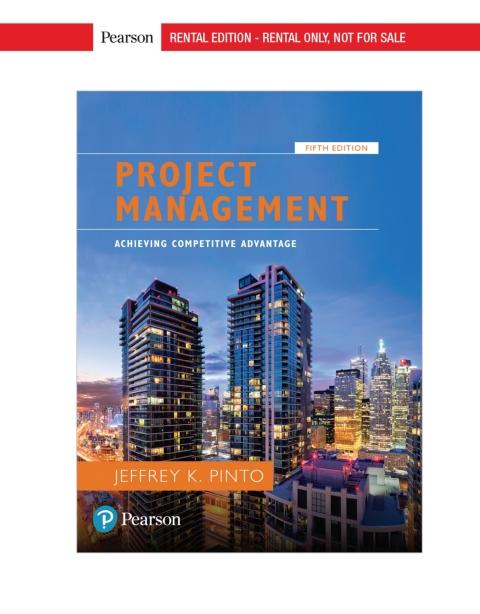Why are public works projects like the Honolulu Rail project nearly impossible to stop once they have
Question:
Why are public works projects like the Honolulu Rail project nearly impossible to stop once they have been approved, even if later cost estimates skyrocket? “Dear Mr. President—Please cancel our project!”: The Honolulu Elevated Rail Project Speaking on the status of Honolulu’s Elevated Rail public transport system, former Hawaii Governor Benjamin Cayetano had an interesting message for President Trump: “As a lifelong Democrat and former governor of Hawaii, I opposed your candidacy. I must admit, however, that you are on the right track scrutinizing wasteful spending on pork barrel projects.” The admission by former governor Cayetano was prompted by the latest details emerging from a project that the New York Times has written is in danger of becoming a financial boondoggle.
The Honolulu Authority for Rapid Transportation’s
(HART) 20-mile elevated heavy steel rail system that has been under construction for six years is now slated to cost nearly $10 billion, or $500 million per mile.
If these costs are realized, Honolulu’s rail project would have the distinction of being the most expensive transit project in the country’s history.
Honolulu is a beautiful but increasingly congested city on the south coast of Oahu. Residents and visitors have long complained that transportation options, highways, and other infrastructure have not kept pace with the growth of the city. In 2008 and following a close referendum vote, the city approved the beginning of the elevated rail system. To partially offset costs of the system, the mayor and city council instituted a temporary excise tax increase for residents and visitors. They also received $1.5 billion in Federal funding to support the project. Initially budgeted for $4.6 billion, the rail project is intended to start in the western edge of Honolulu, run through the middle of the city, and terminate at the Waikiki beaches. Included in the huge project are 21 stations, of which seven will be elevated and set 60 feet high above the city’s streets, and a 35-foot high elevated rail line that will run four miles through the middle of the city.
Step by Step Answer:

Project Management Achieving Competitive Advantage
ISBN: 9780134730714
5th Edition
Authors: Jeffrey K. Pinto





